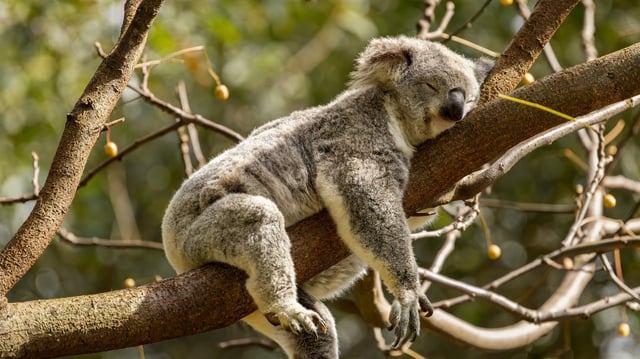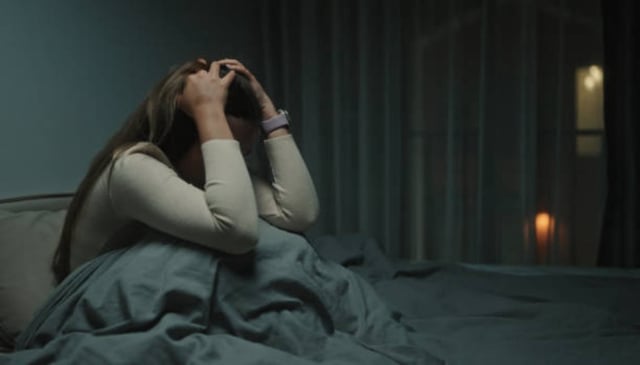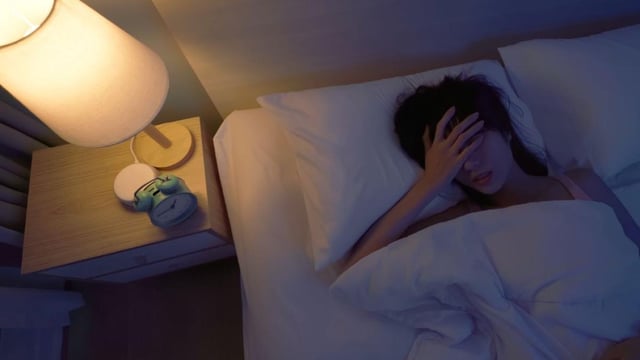Overview
- Researchers reported roughly six months of additional brain age for each one-point drop on a five-factor sleep-health scale derived from self-reports.
- Participants with the poorest sleep had brains that appeared about one year older than their chronological age on average.
- Blood markers suggested low-grade systemic inflammation accounted for a little over 10% of the association between poor sleep and higher brain age.
- The analysis used MRI-based models trained on more than 1,000 brain phenotypes to estimate biological brain age.
- Authors emphasized the results show correlation rather than causation and noted possible pathways such as impaired sleep-dependent waste clearance, cardiovascular effects, and, separately, rare genetic variants that reduce sleep need.


